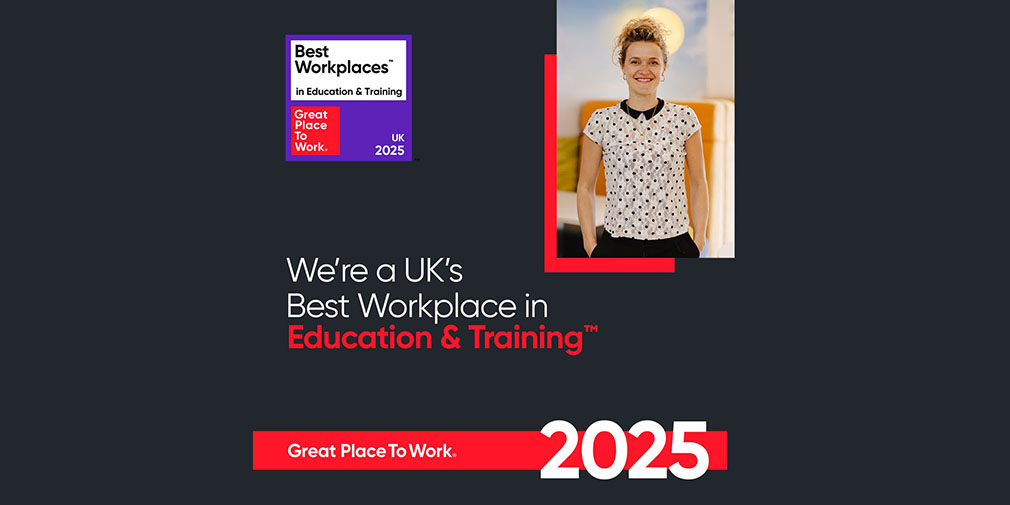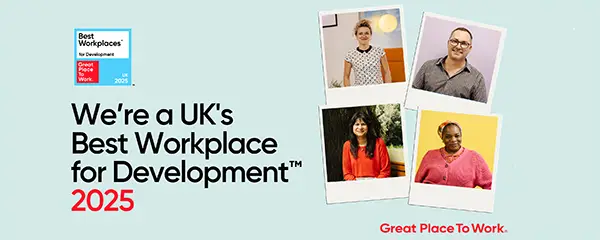Being Nice to People
I remember another employer who complained that he was so concerned about the danger of being taken to a tribunal that he employed somebody “just to be nice to my people”. It was probably the best business decision he ever made. At Happy we believe in a simple principle, that “people work best when they feel good about themselves”. It follows that the main role of management should be being nice to people, making sure they feel valued and are motivated and challenged.
The evidence on this is clear. Research shows that happy staff are more productive and businesses that focus on being great workplaces are more successful financially.
Focusing on their people is what good businesses do, and most businesses do seek to treat their people well. That is why, when asked, only 7% of small businesses said that regulation was the main obstacle to growth – 6th in a list that starts with 33% citing the economy. (My thanks to Danny Blanchflower for tweeting me those stats. Find them on p58 of the BIS survey.)
That doesn’t mean every employee works out and I have had to dismiss people, or reach agreement on them moving on. But it is quite right that I should need good reason to do this, and should treat them fairly. And i have found that if you are completely open and transparent, especially about expectations and performance, somebody who isn’t up to the job is likely to suggest moving on themselves.
The Real Government Attack on Small Business
We are not going to recruit more people as a result of any changes in regulation but we would, like all businesses, if there was growth in the economy and growth among our clients. But one of our biggest threats, as a supplier to the public sector, comes from the government’s direct attack on small business in procurement.
The government will claim it wants more purchasing from small business. But if judged by its actions you would have to conclude that it was seeking the reverse. For example the imposition of a £500k minimum contract for apprenticeships have cut out the smaller suppliers or forced us into costly consortiums.
Take training, our core business. Until this year the different government departments used to buy from hundreds of training providers, each vetted and approved by the government procurement service and almost all SMEs. No more. Now the entire training provision for the whole of central government, for five years, has been tendered to a single supplier. Government will tell you that they hope that supplier will use small sub-contractors but that is not a requirement and that hope played no part in the selection process.
I believe small business is normally more flexible, more innovative, more responsive and able to provide better value than our large corporates. The government claims to believe this too. But if it really did, it would structure its own procurement to encourage small business and not, as in this case, to make it far more difficult for SMEs. That, for companies like ours, is a far bigger issue than regulation.






















